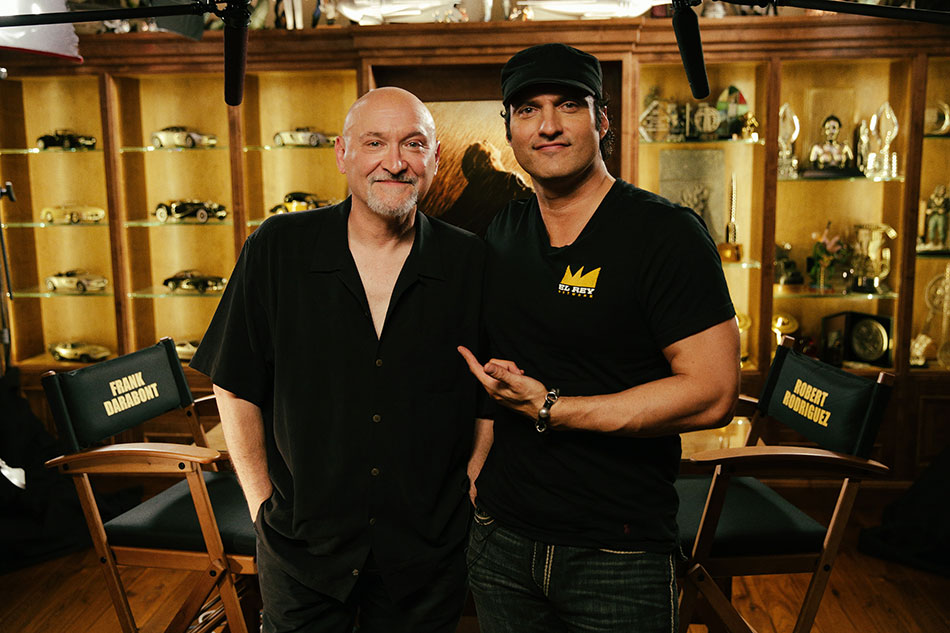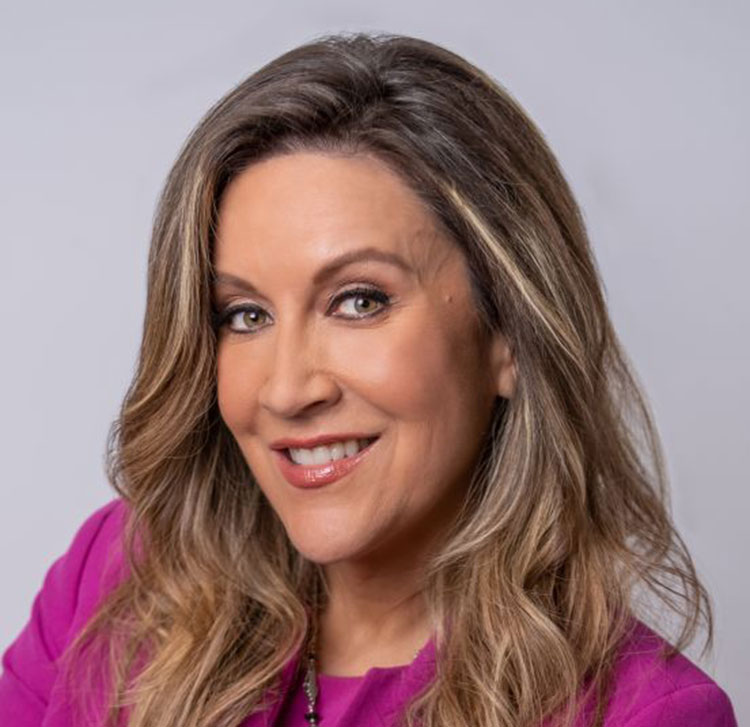El Rey Network (2013-2020) Seeks Digital Afterlife
Multicultural channel talks to streaming services after discontinuing linear feed

The smarter way to stay on top of the multichannel video marketplace. Sign up below.
You are now subscribed
Your newsletter sign-up was successful
El Rey Network on Jan. 1 shut down its cable network feed after seven years, but will look to continue to reach its underserved, youth-targeted audience digitally.
The English-language El Rey, founded by director/producer Robert Rodriguez and production company FactoryMade, launched in December 2013 as one of the first four minority-owned networks Comcast promised to launch in seeking government approval to acquire NBCUniversal in 2011. In some 40 million homes at its peak, according to published reports, El Rey was in 13 million households when it shut down linear network operations about two months after financial partner Univision Communications pulled out of the channel.
ALSO READ: Representing Hispanics On Screen and Off
During its run, El Rey aimed for underserved millennial and Latino viewers through such shows as wrestling show Lucha Underground; soccer-themed scripted series Matador, with Gabriel Luna and Alfred Molina; and interview programs such as The Director’s Chair with Robert Rodriguez and politically themed Maria.
El Rey also served as a vehicle for diverse actors and actresses and a venue for directors to tell their stories and showcase their talent.
Co-founder Cris Patwa and Maria host Maria Cardona discussed next steps for the El Rey brand. An edited version of the interview appears below.

MCN: How much did Univision’s decision in November to pull financial support of the network influence El Rey’s move to stop its linear feed?
The smarter way to stay on top of the multichannel video marketplace. Sign up below.
Cris Patwa: We just had two different agendas. That partnership was great for the first seven years, when it was about doing these cable bundle deals where they could negotiate for all of us on our behalf. But everybody now is turning to streaming, so it just makes more sense for us to be with a streaming partner to reach English-speaking viewers. Seventy one percent of the Latino community has proficiency in English, and that is where we have always been. So that’s kind of where we are in the process of what we're calling chapter two amongst ourselves. Robert has already started to see success in that — his We Can Be Heroes movie on Netflix was the No. 1 movie [on the platform]. There is no way a network like ours could get the kind of distribution to be in front of that many eyeballs, much less get that many people viewing in such a short period of time. Netflix has already commissioned a sequel to We Can Be Heroes, and there’s more work to be done with Netflix with [Rodriguez’s Spy Kids movie franchise]. The more we got to understand the streaming world, the more we realized that the mission is better actually served where all the eyeballs are going. We are going to be able to reach that many people who are Latino and hold to our mission of inclusivity.

MCN: Was El Rey successful in accomplishing its mission during its cable run?
Maria Cardona: When we launched El Rey, it was there to not just to help Comcast and NBCUniversal meet the obligation that they had promised to meet in order to get approval for their merger, but it was a really important mission for Robert Rodriguez. He was adamant that he didn’t want this to just be a place where people went for great entertainment. He wanted it to be an incubating mission, meaning that he wanted to make sure that El Rey Network was a place where young Latinos and young multicultural talent from actors to screenwriters, to directors, to producers, to showrunners, could have their voices heard. The other side of this is that El Rey was launched with massive support from the community and from grassroots activists, because they knew what a huge hole El Rey was going to be filling in terms of being the voice for Latinos in English. Robert created a diversity council [headed by Cardona] that was made up of the highest level of Latino leaders who advised him on how to navigate the sea of the political spectrum as well. We were at his side every step of the way from the creation of El Rey to, frankly, how it wound down and in looking at what the next iteration of [the company] will look like.
MCN: Will you maintain the El Rey brand as part of any agreement you reach with a streaming service?
CP: That is really part of the discussion. You can imagine some streamers have sub-brands within their brand where they try to delineate Black and Brown voices or diversity on screen, so I think each one is experimenting. El Rey Studios will continue to exist, but the streamers are all taking a different strategy so we’re talking to all of them.
ALSO READ: El Rey Network Debuts Maria Cardona Talk Show 'Maria'
MCN: Will any streaming deal also include El Rey’s library product?
MC: We have hundreds of hours in library content, so there’s so much content that I think others are interested in, whether it’s the Lucha Underground show or even the Maria show. The network has something that people have been interested in and could live under another brand or live under the El Rey brand. Also, another beauty about working with Robert is that El Rey is so connected to him, but the real brand is really Robert Rodriguez. Everything else El Rey does will be able to be uplifted just because it's connected to him.
CP: Each streamer is different. Some might be interested in the Lucha, some are interested in the network’s documentary programming and some are interested in the talk stuff like the [The Director’s Chair] and Maria. We’re curious to see after they really dive into each one to see what they think could be an interesting fit and how they would go about looking at this with us.
MCN: What is El Rey’s legacy within the industry?
CP: Just as BET spawned the careers of so many through their platform, El Rey has given opportunities for Latino actors and directors to shine. The great thing is they come back to the community and build more stories and they bring more Latinos into their stories. They are reaching into the culture that’s here, not something that’s bought and imported from abroad.
MC: Before Gabriel Luna was the Terminator [in the film Terminator: Dark Fate], he starred in one of El Rey’s first original series [Matador]. He may have never received that kind of exposure had he not gotten his start at El Rey Network. There are so many stories similar to that one, but I think that one really paints the picture of what Robert wanted El Rey to be.
R. Thomas Umstead serves as senior content producer, programming for Multichannel News, Broadcasting + Cable and Next TV. During his more than 30-year career as a print and online journalist, Umstead has written articles on a variety of subjects ranging from TV technology, marketing and sports production to content distribution and development. He has provided expert commentary on television issues and trends for such TV, print, radio and streaming outlets as Fox News, CNBC, the Today show, USA Today, The New York Times and National Public Radio. Umstead has also filmed, produced and edited more than 100 original video interviews, profiles and news reports featuring key cable television executives as well as entertainers and celebrity personalities.

